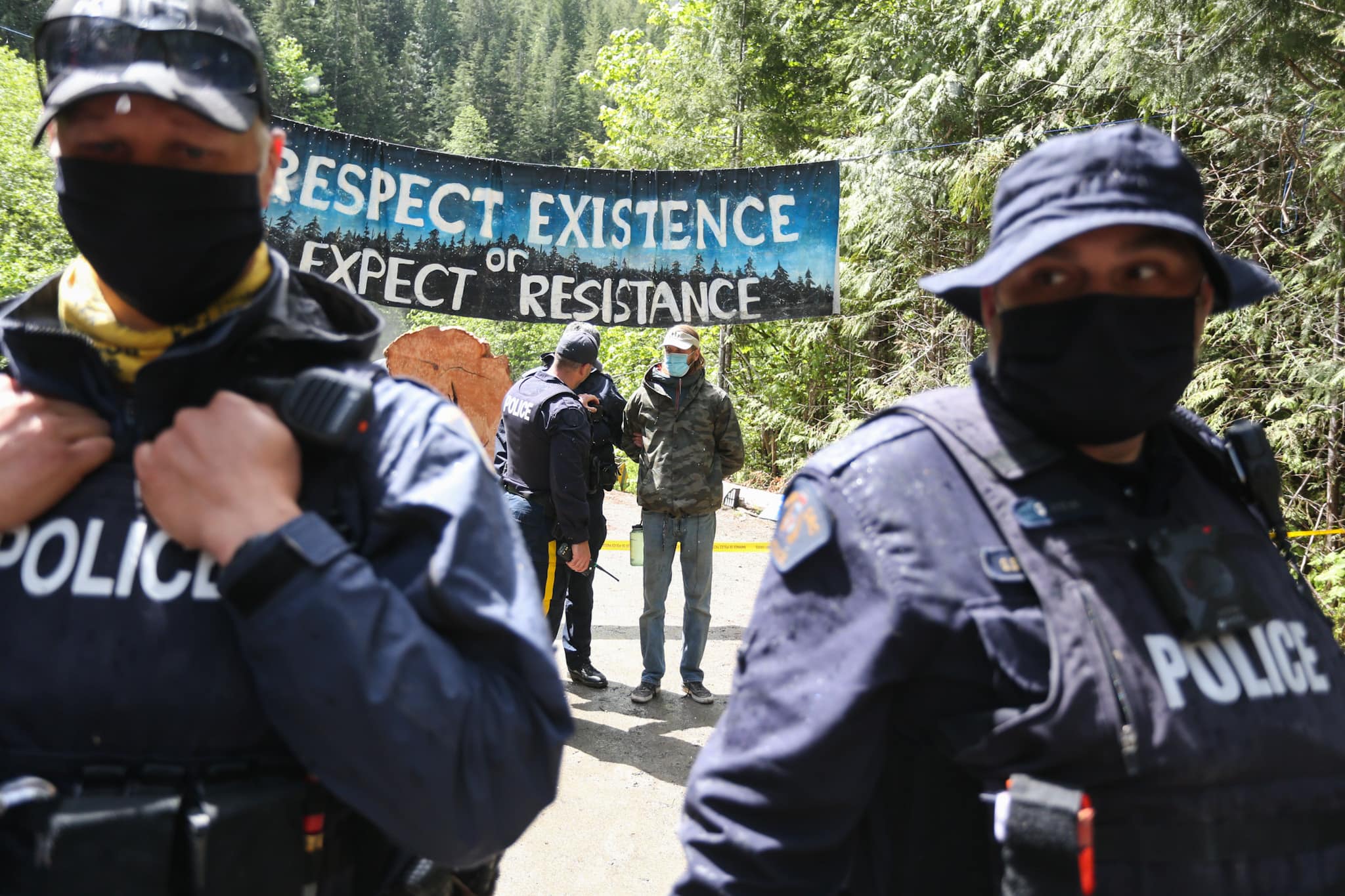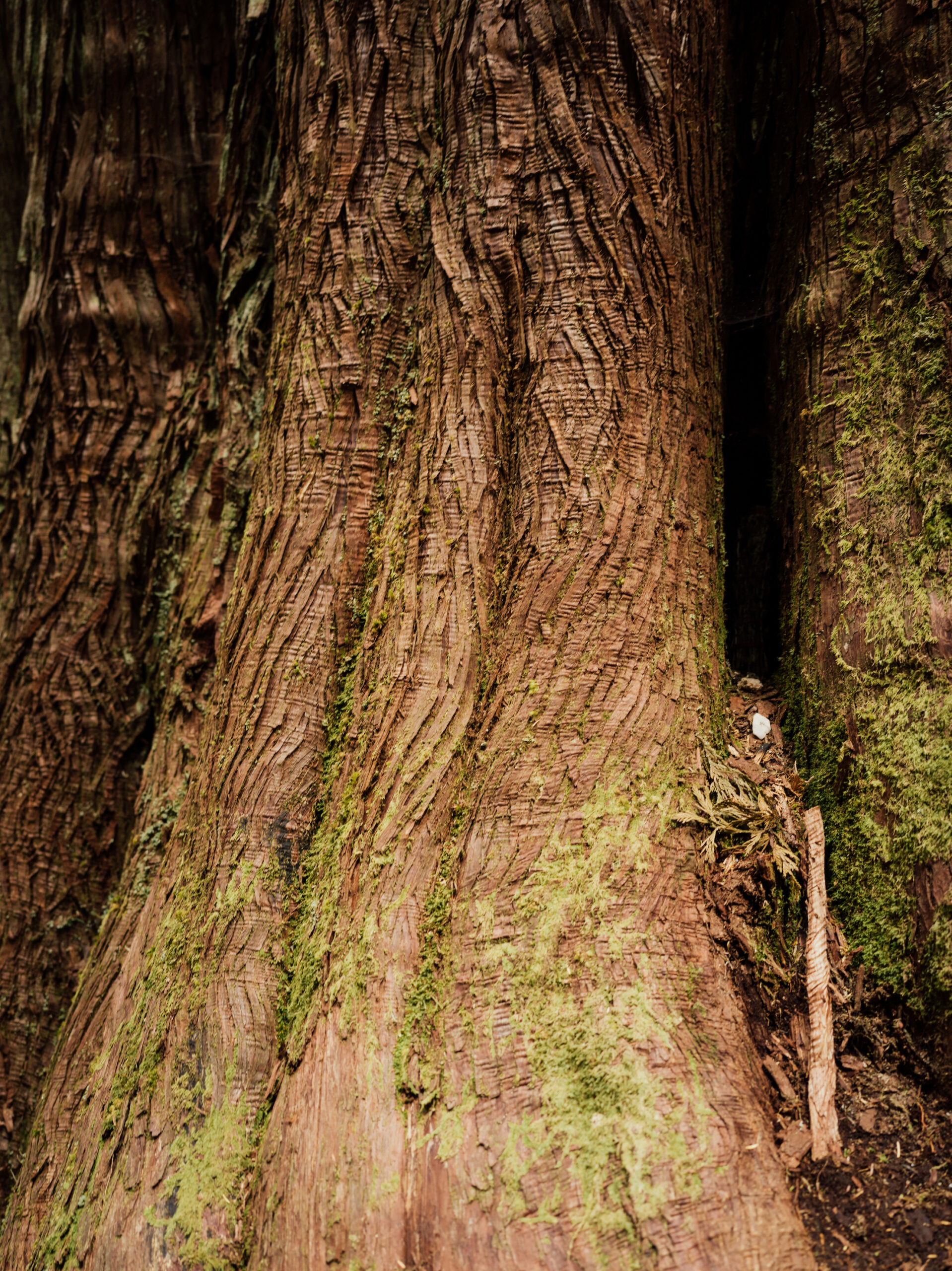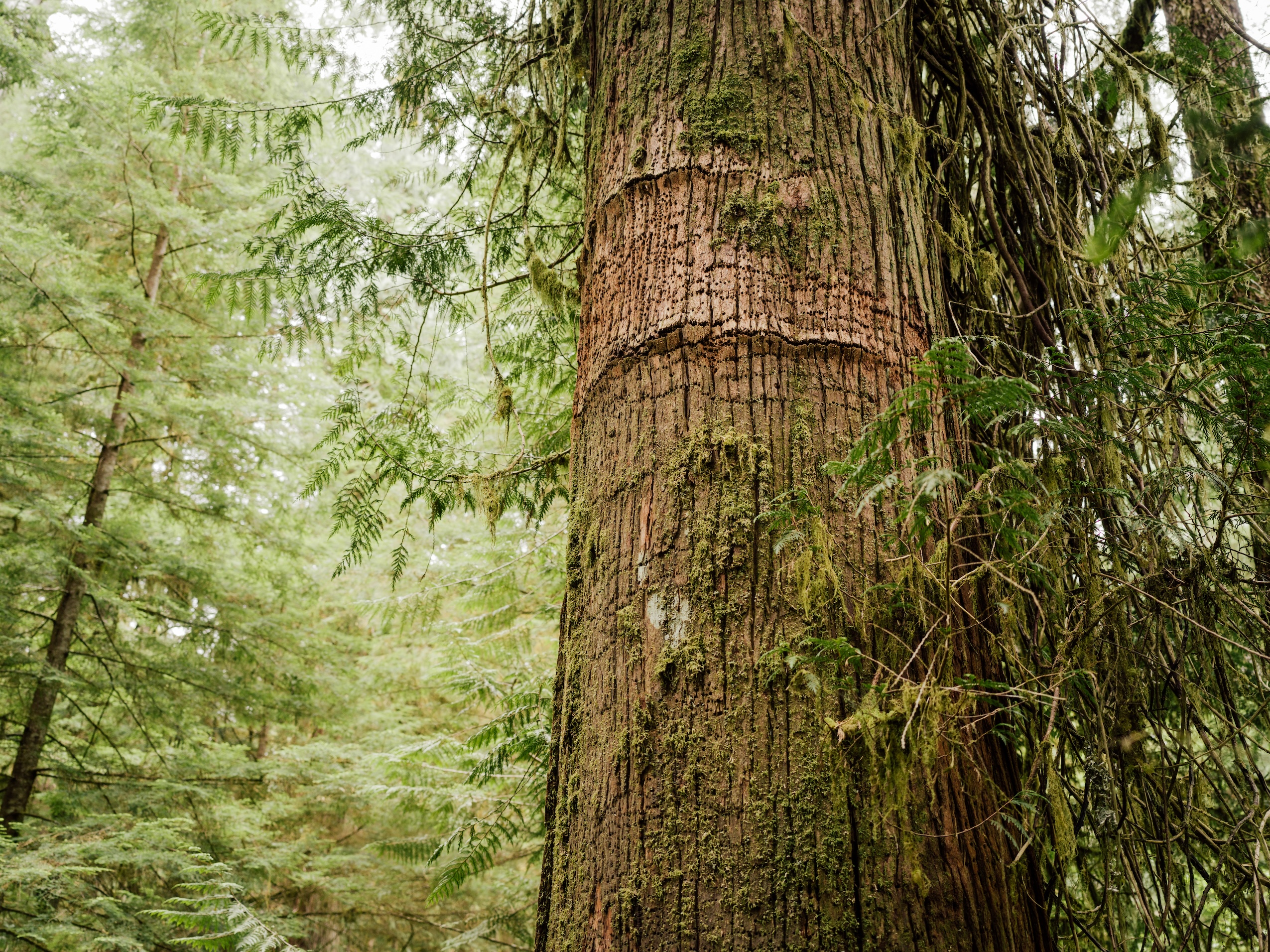
Water determines the Great Lakes Region’s economic future
Climate change, geopolitics and business opportunities power a blue economy
After a tense election campaign in British Columbia, the NDP and Greens have buried the hatchet and reached an agreement in principle to work together on shared priorities — including a pledge to protect the Fairy Creek watershed, a largely intact old-growth valley on southwest Vancouver Island.
The agreement says the B.C government will “move forward to ensure permanent protection of the Fairy Creek watershed” in partnership with the Pacheedaht and Ditidaht First Nations and “pending the resolution of existing legal proceedings and community negotiations.”
In 2021, Fairy Creek became the scene of the largest civil disobedience action in Canadian history. Following more than 1,100 arrests, and at the request of Pacheedaht First Nation, the B.C. government deferred just over 1,180 hectares of Fairy Creek old-growth forest from logging.

The deferral is set to expire in February.
Discussions about the future of Fairy Creek are ongoing, deputy premier Niki Sharma told reporters at the NDP press conference announcing the agreement in principle, saying the commitment to work toward permanent protection of the watershed does not mean the valley’s fate will be decided any time soon.
“We had really frank conversations about this item, about the things that are in our hands and that are not,” Sharma said. “That’s why expressly it mentions [it is] subject to conversations with Pacheedaht and Ditidaht in the agreement because we know that that’s an important step.”
While Sharma would not commit to a potential timeline for implementing permanent protections for Fairy Creek, Green Party MLA Rob Botterell said the caucuses hope to “get to yes on protection” in 2025.
“We want to be as open and transparent with everyone about the types of issues that will need to be dealt with,” Botterell told The Narwhal. “As we work together on that, we’re going to find out just how quickly we can address those types of issues.”
The Pacheedaht and Ditidaht nations were not immediately available for comment.
The new agreement does not formally bind the Greens to support government legislation, unlike the more restrictive confidence and supply agreement the two parties signed in 2017. Instead, it lays out a list of priorities for the NDP and Greens to work on achieving together “in good faith and with no surprises.” It will be reviewed annually with the option to add new priorities in future years.
“Instead of focusing on our differences, we chose to shine light on our common ground,” Green MLA Jeremy Valeriote said at a hastily organized press conference on Friday in Victoria.

“There were some difficult conversations, some bumps in the road, but a generous amount of good faith and trust, and also some humor and some heart-centered, heartfelt exchanges,” Valeriote said. “We are different political parties. We have different philosophies, but we have a lot of shared values and I think British Columbians have those same shared values — more that brings us together than separates us.”
The Narwhal asked the B.C. Ministry of Forests if the Fairy Creek logging deferral will be extended under the agreement with the Greens, but did not receive an answer before publication.
The agreement also commits the B.C. government to work with the BC Greens to undertake a review of B.C.’s forests with First Nations, workers, unions, business and community “to address concerns around sustainability, jobs, environmental protection and the future of the industry.”
The two parties will work together to establish the terms of the review, which are subject to the approval of both parties. The agreement says the Greens will be involved in all elements of the review and the resulting report will be made public within 45 days of completion, but lacks a timeline for that work to be done.

The agreement also zeroes in on watershed management, pledging to strengthen local collaborative processes and “identify clear actions to improve local governance.” It says actions will be implemented in the later years of the BC NDP’s mandate.
On climate, the government promises to review CleanBC in 2025, one year earlier than a scheduled review. CleanBC is the government’s plan to reduce carbon emissions to meet legislated targets. The BC Greens will help establish the review’s terms of reference, which must be approved by both parties. The Greens will also be involved in all elements of the climate review.
The government has also committed $50 million annually for electric heat pumps for the next two fiscal years, “ensuring they are accessible to low and moderate-income households.”
And on transit, the agreement commits to implement “frequent, reliable, affordable” regional transit on key inter-regional routes on Vancouver Island, along Highway 16 and along Highway 1, “with a focus on the Sea to Sky corridor transit” in 2025.
“I’m ecstatic to finally bring regional transit to the Sea to Sky corridor,” Valeriote said. “Regional transit was top of the list for West Vancouver-Sea to Sky voters and I really feel fortunate to be able to deliver on that commitment.”
Get the inside scoop on The Narwhal’s environment and climate reporting by signing up for our free newsletter. On a warm September evening nearly 15...
Continue reading
Climate change, geopolitics and business opportunities power a blue economy

10 billion litres of sewage are dumped into Winnipeg’s lakes and rivers each year. Some...

Court sides with Xatśūll First Nation, temporarily halting Mount Polley mine waste expansion
